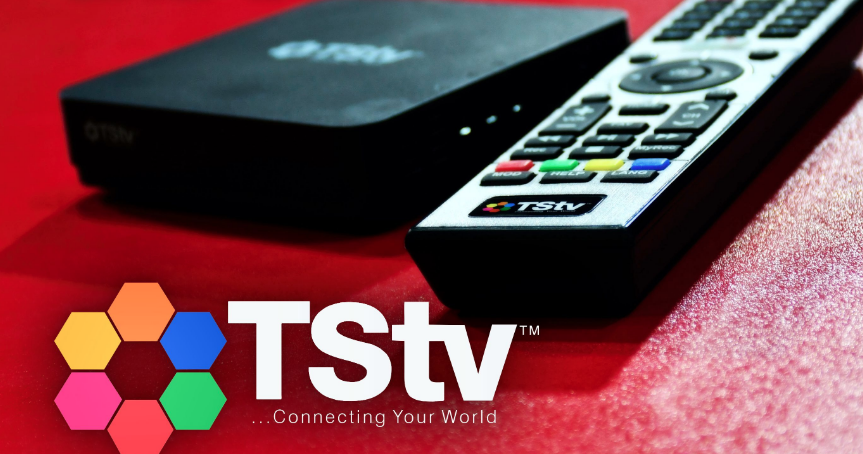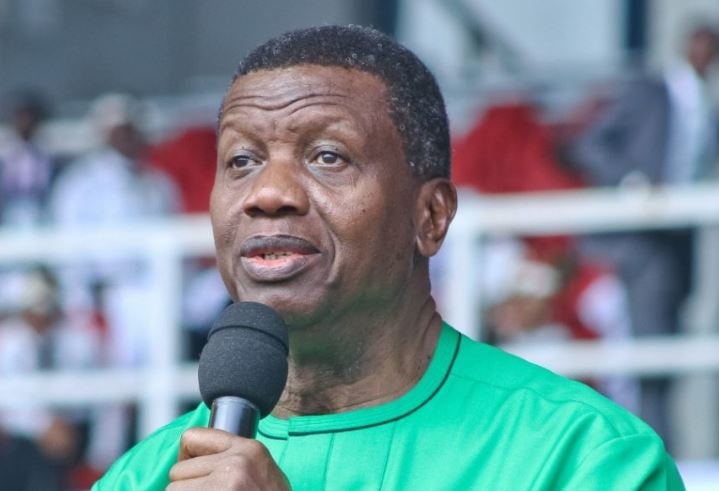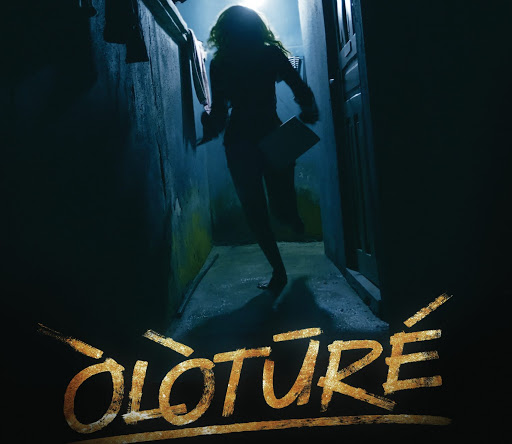Some wave of optimism came our way last week when, at a time of very dreary and nearly forlorn independent anniversary, a rookie direct to home (DTH) service provider suddenly informed us that it was ready to offer a channel at N2 – N5 per day on a platform still undergoing a test run. Good news. Strong enough to bring smiles to the faces of some people my age who bear the burden of mismanaged opportunities by successive governments whose major achievement is the melody of well packaged lies presented as hopes for a vanishing future, a people who would give anything to join the class of the select few who are able to subscribe to satellite TV channels.
Quite a little bit of unrestrained euphoria in the air. Vanguard captured it this way: Nigerians to pay N5 per channel, as TSTV re-launches services. technext.ng declared: TSTV Returns, to Broadcast Free-to-Air EFL Matches Ahead of Re-launch. For Nairametrics, it is: TSTV Africa re-launches on Independence Day, exactly three years after failed start. They were very effusive in reporting this piece of good news but did not fail professionally to observe that TSTV came up in 2017 and crashed almost immediately.
One other observation. TSTV launched services on October 1, 2017 and has done so again this year at the point of resurrection. Without looking at faces, this writer is tempted to hazard the patriotism of the promoters who want to demonstrate their patriotism by pushing out very progressive business ideas in October. Such effort is so well appreciated and one would only pray it be matched by returns to demonstrate the patriotic investment.
While putting my patriotism within responsible limits, I asked a few questions about the first coming of TSTV before being sandbagged by the regulator. My source told me that most of the claims by the promoters in 2017 were like vapour that quickly evaporated at the approach of reality. A source explained that this kind of business involves a network of relationships which include: channel owners, programmers, content developers, satellite transponder owners and whole lot of other people. The regulator I gathered was not convinced that the promoters had done their homework well enough not to smear the name of the country, and decided to act by taking down the station.
Advertisement
Such action today would be largely unpatriotic for so many reasons. The government is looking for heroes of industries who can literally wave the magic wand and steer our economy to high performance. There has been so much of excitement created that people want to be on the platform no matter the depth of programming that is available. Subscribers want to respond to their own with a patriotic fervency, a development that is not lost on the regulator. One of the overriding reasons in this respect is the prevailing market situation where subscribers are crying foul over high subscription rates, to the extent, that the National Assembly had to step in, to make direct interventions on the way the market should go. Two other operators, Multichioce and Star Times have been told to put their rate increase on hold until all lingering issues are resolved.
There is also another interesting development. Multichoice is being pressured to introduce pay as you go system on its payment platform. The operator has said this is not possible at the moment. Or should it ever be possible it would mean that so much has to be invested to scrap current platform and replace it with something that is untested. In a subtle dig as reported by Daily Trust, star promoter of TSTV, Dr Bright Echefu submitted that “while we were off the radar, we studied the business and we have created a model to fire every Nigerian’s desire. We have created the pay as you view model where Nigerians will pay only for the channels they want to watch.”
“Nigerians will be able to choose their bouquet by themselves, by choosing only those channels that they want to watch and pay for with minimal amount per day, 108 channels are available on our platform and more than 80 of them are High Definition (HD),” Echefu enthused.
Advertisement
Very interesting and encouraging. At this point it may be germane to recall the story of The Sick Lion and the Fox, a folktale with global sameness but I take the Aesop version. The story has it that the lion was so ill that it did not go out for so many days. It had to source its food in its den. One day the fox (some say the tortoise) came by and refused to go in no matter the entreaties from the lion. “I should be glad to do as you ask,” He said, “but I have noticed that there are many footprints leading into your cave and none coming out. Pray tell me, how do your visitors find their way out again?”
The broadcast industry was deregulated in 1992. Apart from the early successes of ABG and DISC Engineering, there has been little success that can be attributed to the local players. First came MNET followed by its holding company, Multichoice, which settled in the market quite easily because of its unique programming and brand placement. As it was in the beginning so it is now. Not so many people have been excited with the cost and this, sometimes, tends to boil over. With all the vicissitudes, Multichoice remains the dominant player.
By way of clipping Multichoice and introduce some nativity, HiTv came into pay TV business some years ago and really got mass following. Promoted by a very brilliant, young lawyer, HiTv told the right stories that got even the government to tacitly encourage the business and there was enough handclapping to push its acquisition of EPL Rights. That was when it happened. Some said the cost of the EPL Rights were ways beyond what any Nigerian bank could continue to support. Beyond this superficial reason, I am tempted to add that the complexity of pay TV programming can be a challenge to anybody going into the business. It was just a matter of time for the ground to cave in under its supporting pillars. And we lost that seed of promise.
Not too long ago, Kwese TV landed on our shores. Promoted as an alternative to a dominant competition, the Kwese bouquet came with 65 channels, including CNN International, DreamWorks, DTX, ESPN and some other homegrown TV channels. Again excitement soared and then, all expectations went flat. I am sure even the regulator will find it difficult to explain what happened to that business.
Advertisement
Really, it is not the responsibility of the National Broadcasting Commission (NBC) to explain what happened to private businesses in the broadcasting industry. Its primary concern is to create competition in the sector and ensure that every stakeholder, including government, plays by the rule. I will want to put my head on the chopping stone here to confess that in the preceding years the regulator has tried to create competition in the DTH sector without much success. Licenses have been issued but are not activated because of lack of support. Quite a number of people are more interested in funding politics because that is where the real cash is; politics in our part of the world is high stakes business and make the highest cash returns. No. Not so many people, not even banks, are ready to support DTH operations because of the complex nature that calls cerebral commitment into questions, and cause investors to wait for years before returns can begin to trickle in. Ours is a cash market.
This is not to discourage TSTV. The promoters have my support. My little advice is for the operator to examine the failure of their debut efforts and make amends. I will also want to encourage the NBC to deeply examine the submissions by TSTV to ensure the regulator is not helping people to sow hopes in the wind. With all our patriotism, we need to be factual and do things that will work and not tell tales “full of sound and fury signifying nothing.” Apologies to William Shakespeare.
My final observation is that some of the operators who go into the DTH business have one thing in mind: to fight competition. This is a difficult thing to do. Only the regulator has the powers to change the colour of competition in any industry. Finally I will want to advise TSTV that in a frothing enthusiasm to offer service, the eyes should focus on proper branding of its business so as to pick a location or position in the market. Will the TSTV brand be central or distinctive, mainstream or peripheral or even aspirational? Or will the business philosophy be to whip up high tempo emotions against competition only to find out in the thick of battle that the competition is out of reach? Oh, you don’t blow Coca Cola or Range Rover out of the market overnight! It is my little outlandish indulgence to submit that no magic wand can resolve the complications in the DTH sector overnight. The market is yearning for real competition, devoid of suspicion and ownership mentality, where all the brands will fight for a deserved foothold.
Advertisement
Views expressed by contributors are strictly personal and not of TheCable.
Add a comment







